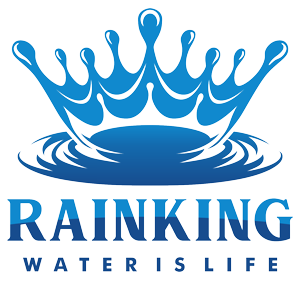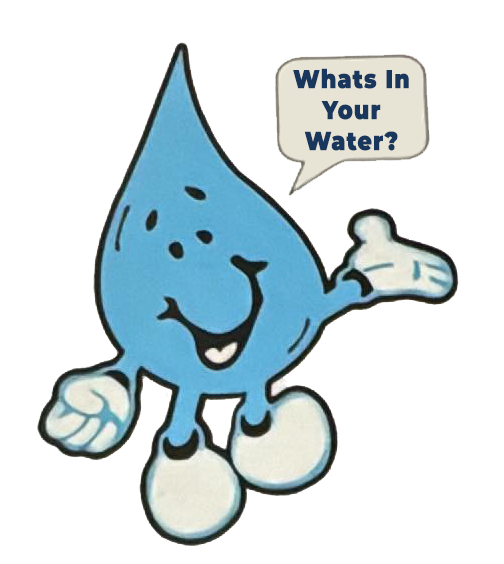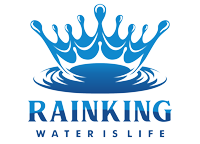Discovering the Right Water System For You
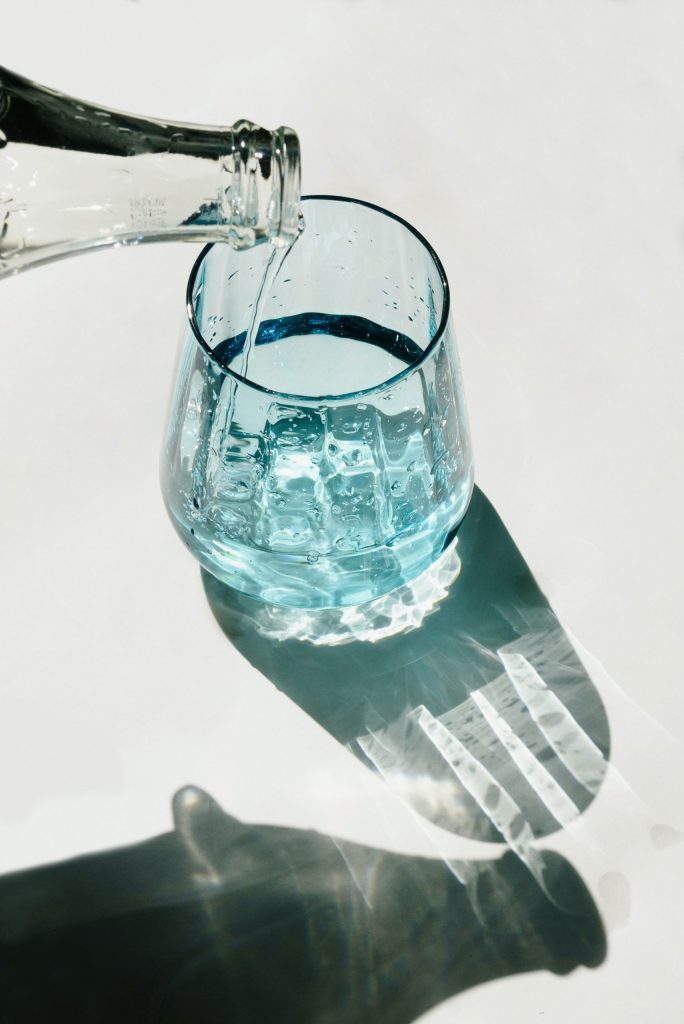
Welcome water lovers to the quest of finding the perfect water system! The modern world has many challenges and environmental issues that we must face to ensure our future on this planet. One of these issues is water supply, as a clean and healthy source of water is essential for our lives. We must be proactive in finding ways to ensure an adequate water supply and keep our water safe, which is why an efficient water system is so important.
Today, we will focus on UV water systems and how they can be beneficial to our lives. This type of water system works by using ultraviolet light to disinfect the water and remove contaminants, bacteria, and viruses. Uv water systems can provide a great deal of convenience, as they eliminate the need for manual labor such as boiling or filtering water. Additionally, because ultraviolet light is a safe and natural form of disinfection, it is better for the environment than other methods.
We will explore the different types of UV water systems available and the benefits that they can offer. We will look at the cost and the various components of the system, so you can decide whether or not a UV water system is the perfect solution for you.
Unlocking the Benefits of Health Care and Water: A Comprehensive Guide
A comprehensive guide on how to maximize health care and water benefits
Water and health care are two of the most essential resources in any society. They are both necessary for sustaining life and fostering growth, yet there is often a disconnect between their benefits and how we access them. We may know the importance of staying hydrated and getting regular medical check-ups, but do we really understand the different ways that these two fundamental resources can help us?
In this comprehensive guide, we will explore the many advantages of health care and water, from physical health to mental well-being. We’ll look at the biological processes that are maintained by proper access to these resources, as well as the positive economic outcomes associated with them. We’ll also discuss strategies for leveraging these resources in order to maximize their potential benefits. Finally, we’ll provide practical advice on how to ensure that everyone has access to the health care and water they need.
At the end of this article, you should have a better understanding of how health care and water can improve your life, as well as an appreciation for the impact of these resources on the world around us. It’s time that we unlock their full potential and use them to create a healthier and more equitable future.
10 Amazing and Fascinating Interesting Facts about Water Systems
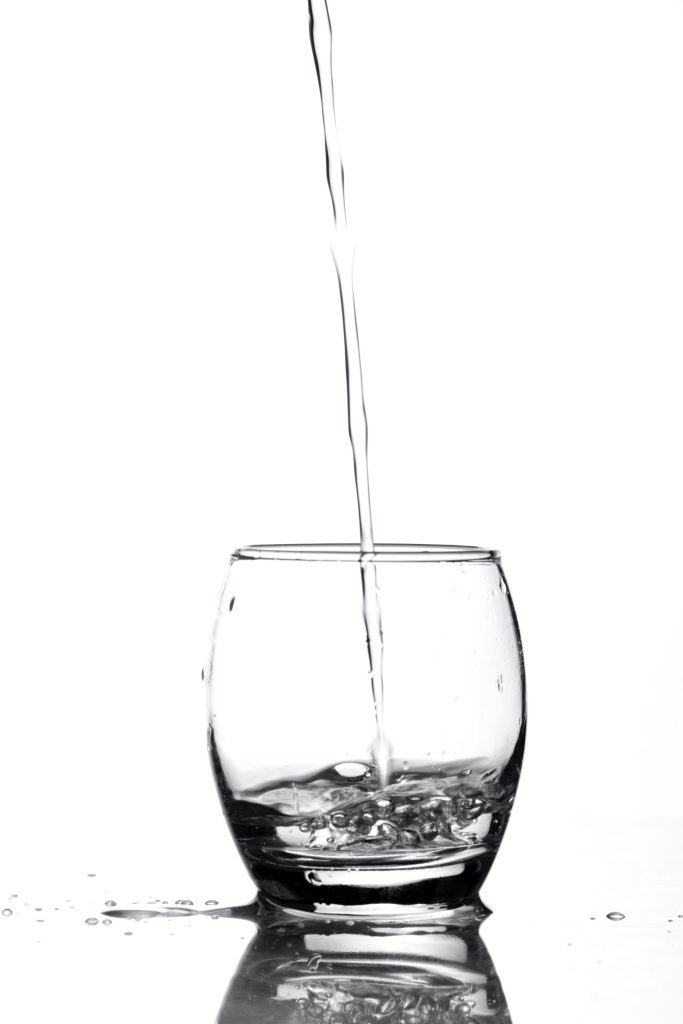
Water is a fundamental component of life on this planet, and the water systems that support it are nothing short of amazing. They have been in place over centuries and even millennia, forming the basis of transportation, food production, and domestic use. From the sluice gates of ancient civilizations to modern-day dams, each component of a water system has its own fascinating history. But, like any complex system, the details are often lost in the everyday bustle. To bring these incredible facts back into the light, this article dives into 10 amazing and interesting facts about water systems, from ancient to modern.
The first water systems date back to around 4,600 BC, when Sumerian engineers constructed an irrigation system in what is now southern Iraq. By making use of canals, dams, and waterwheels, they were able to grow crops more efficiently from the Tigris and Euphrates rivers. This form of hydraulic engineering was adopted by other ancient civilizations including the Egyptians, Greeks, and Romans and helped sustain their populations for centuries.
Water systems were found throughout the world to provide essential water resources such as drinking water, agricultural irrigation, and energy sources. In some countries, such as India, these structures are still in place and used today. They also played a role in early transportation methods, allowing goods to be moved along waterways and rivers. In fact, the Panama Canal, which opened in 1914, was the most impressive of these projects due to the immense engineering involved. It provided a shorter route between the Atlantic and Pacific oceans and enabled international shipping to take place without having to circumnavigate South America.
For those who are interested in learning more about these incredible feats of engineering, this article has 10 amazing and fascinating facts about water systems. From the impressive logistics of constructing the Panama Canal to the ancient irrigation networks of Sumerians, these facts will help paint a better picture of the complexity of water systems and their importance in our lives. So, if you want to find out more about the incredible feats of hydraulic engineering, read on for the top 10 amazing and interesting facts about water systems!
7 Ideas to Make Your Water System Softer and More Efficient
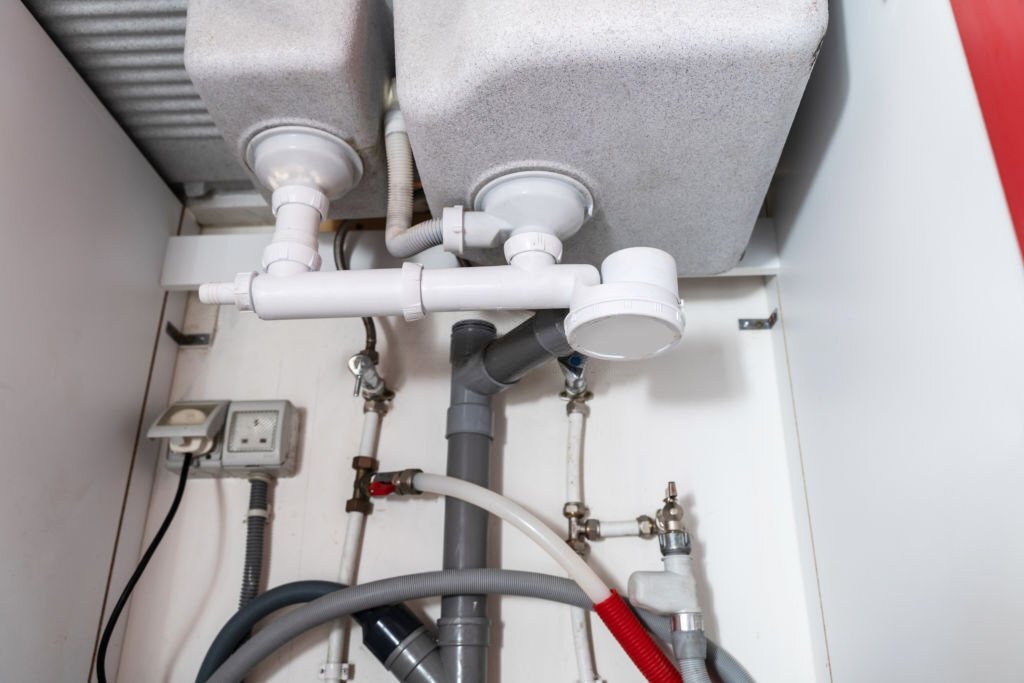
Water softeners are an important part of having a high-functioning water system in the home. Hard water can lead to clogging and blockages of pipes and plumbing, as well as unfortunate damage to appliances that use water. Not only this, but hard water is not as efficient for cleaning as soft water, and can require more energy and cleaning products to get surfaces to the desired level of cleanliness. If you’re looking to make your water system better, softer, and more efficient, we suggest taking some time to consider the following top 7 ideas.
In our modern world where water conservation is becoming increasingly important, it is no surprise that homeowners are looking for smarter ways to make their water systems more efficient and softer. From simple tricks to larger investments, these 7 ideas will help you maximize the efficiency of your water system, while ensuring it remains soft and does not cause build up or other irritating issues. By investing in the right equipment and understanding simple tricks, your water system can become a reliable and cost-effective fixture in the home.
What are the 7 stages of the purification of water?
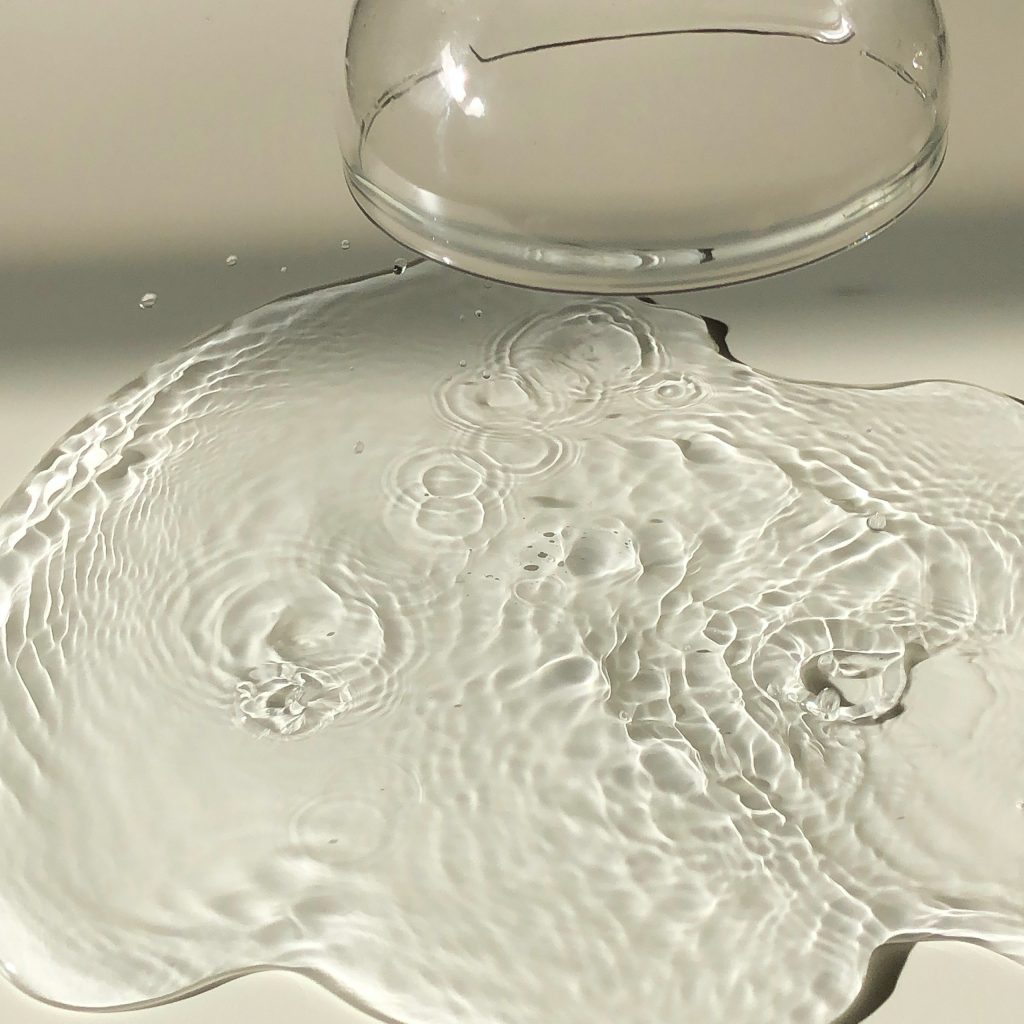
What are the 7 stages of purification of water?
A Step-By-Step Guide on How to Remove Chloride From Water

Chloride is a common element found in water and can be detrimental to our environment. With the growing concern over water pollution, it is important to know how to remove this troublesome element from our waterways. Luckily, there are measures that can be taken to reduce and even remove chloride from water. In this blog post, we will provide a step-by-step guide on how to do just that.
It’s no secret that chloride can cause serious damage to our natural ecosystems and waterways. Unfortunately, it is an element that is often present in our water supply – from oceans and rivers to wells and springs. While reducing chloride levels through preventative actions is ideal, there are times when it is necessary to take action and actually remove the chloride from the water directly.
If you’ve ever wondered how to remove chloride from water, here’s your chance to find out! Through this step-by-step guide, we’ll provide you with the information and resources you need to confidently address chloride contamination. From identifying the source of chloride to implementing the most effective removal methods, this guide will provide you with the knowledge you need to tackle chloride infestations. So let’s get started!
Unveiling the Benefits of UV Filtration Systems: An In-Depth Look
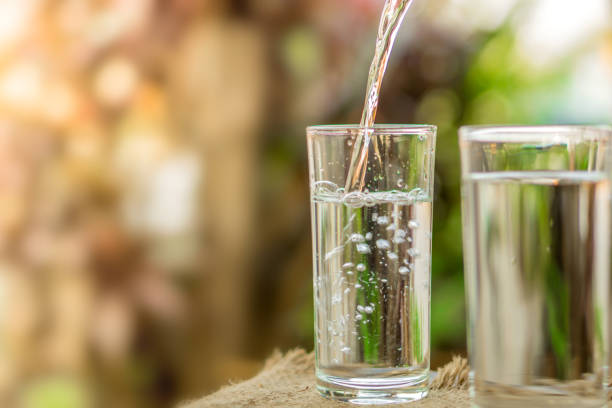
SEO keyword: UV filtration
In an increasingly polluted world, it is becoming increasingly more important to take extra steps to ensure the quality of drinking water. One of the most popular solutions to this problem is the installation of UV filtration systems. Though they may not be as commonplace as other filtration devices, these systems offer many unique advantages that are worth considering. In this blog post, we will be taking an in-depth look at the benefits of UV filtration systems and what they can do to improve the quality of your drinking water.
UV filtration systems use a powerful combination of UV light and special filters to eliminate harmful bacteria or chemicals from water. This technology relies on the basic principle of electromagnetic radiation, which is when substances are exposed to a certain type of light, the light can penetrate and break down the molecules in the substance. In the case of UV filtration systems, the UV light is used to break down the molecules of bacteria and other pathogens in the water, rendering them harmless. This provides you with clean, safe drinking water without the use of any additional chemicals.
The Fascinating Facts About Water Softening
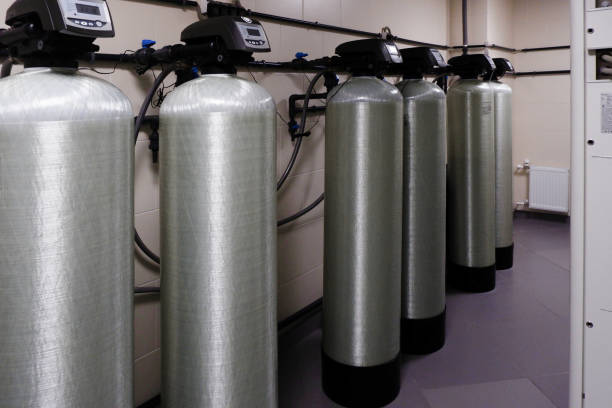
SEO keyword: “water softening”
Water softening is an important process that helps us to enjoy clean and comfortable water in our homes. But how exactly does it work? There are lots of interesting facts and details about water softening that you may not know, and it’s important to understand how they affect us directly. In this blog post, we will explore the fascinating facts about water softening, including its benefits and how it works.
Before we get into the details of how water softening works, let’s take a step back and explore what it is exactly. Water softening is the process of removing calcium, magnesium, and other minerals from water. This is usually done using a device called a water softener, which uses sodium chloride or potassium chloride to reduce the hardness caused by mineral deposits in the water. In the process, these harmful minerals are removed from the water, making it more pleasant to use for washing and showering.
So now that we understand what water softening is, let us look at some of the fascinating facts about it. From its origins and history to the many benefits it provides, there is much to discover about this important process. Read on to find out more about the fascinating facts about water softening and how it can improve your quality of life.
The Alarming Reality of Contaminated Water in Florida

With an approximate population of 21.48 million people, Florida is the third most populated state in the US after California and Texas. Florida is known for its sunny beaches, vibrant culture and of course, the alligator-filled Everglades; but, a hidden, worrying reality lurks underneath all of this beauty: contaminated water. In recent years, the rising levels of water pollution in Florida has been an alarming, yet overlooked issue.
For many Floridians, polluted drinking water is an everyday reality. The contamination of water has been linked to chronic illnesses, skin infections, and other health complications. Florida is particularly vulnerable to water contamination as its coastal areas often have high levels of nutrient runoff from sewers and fertilizers, leading to unsafe drinking water. In some cases, the water has even been found to be teeming with dangerous bacteria. If this wasn’t enough, the issue has been further exasperated by the effects of climate change, making the situation even more perilous.
These water contamination issues are a stark reminder of the present day realities of the Sunshine State. In this blog post, we will explore how the issue of contaminated water in Florida is a major cause for concern, discuss the implications of this problem and suggest some solutions that could potentially help mitigate the issue.
5 Reasons Why Clean Water Is Vital for Your Health and Well-being

Achieving good health and wellbeing is a goal that almost everyone strives for. For some, it seems like an easy feat, but for others, the opposite is true. It’s difficult to maintain good health when life’s demands take a toll on your physical and mental wellbeing. You can, however, still strive for healthier and better outcomes if you focus on the basics. One of the most important things you need for good health is clean water. Here, we will explore the five reasons why clean water is essential for achieving healthier lives.
Clean water is vital to sustaining the health of your body and mind. It helps flush out toxins, reduces the risk of diseases and infections, and provides essential nutrients and minerals to your body. Clean water can also help reduce levels of stress and fatigue, as well as promote mental clarity and attention. Additionally, it can help improve digestion and metabolic processes, making it easier for your body to absorb and use the nutrients you consume. Finally, clean water is beneficial in weight management, since it helps you feel fuller, and because of its ability to flush out excess fat and toxins.
These are just a few of the many benefits that clean water can bring to your overall health and wellbeing. In this blog post, we’ll discuss five reasons why clean water is vital for achieving and maintaining a healthier lifestyle. From helping to flush out toxins to improving digestion, we’ll delve into how different aspects of your health and wellbeing can benefit from clean water consumption. So join us as we explore the many ways that clean water can improve your health and wellbeing.

